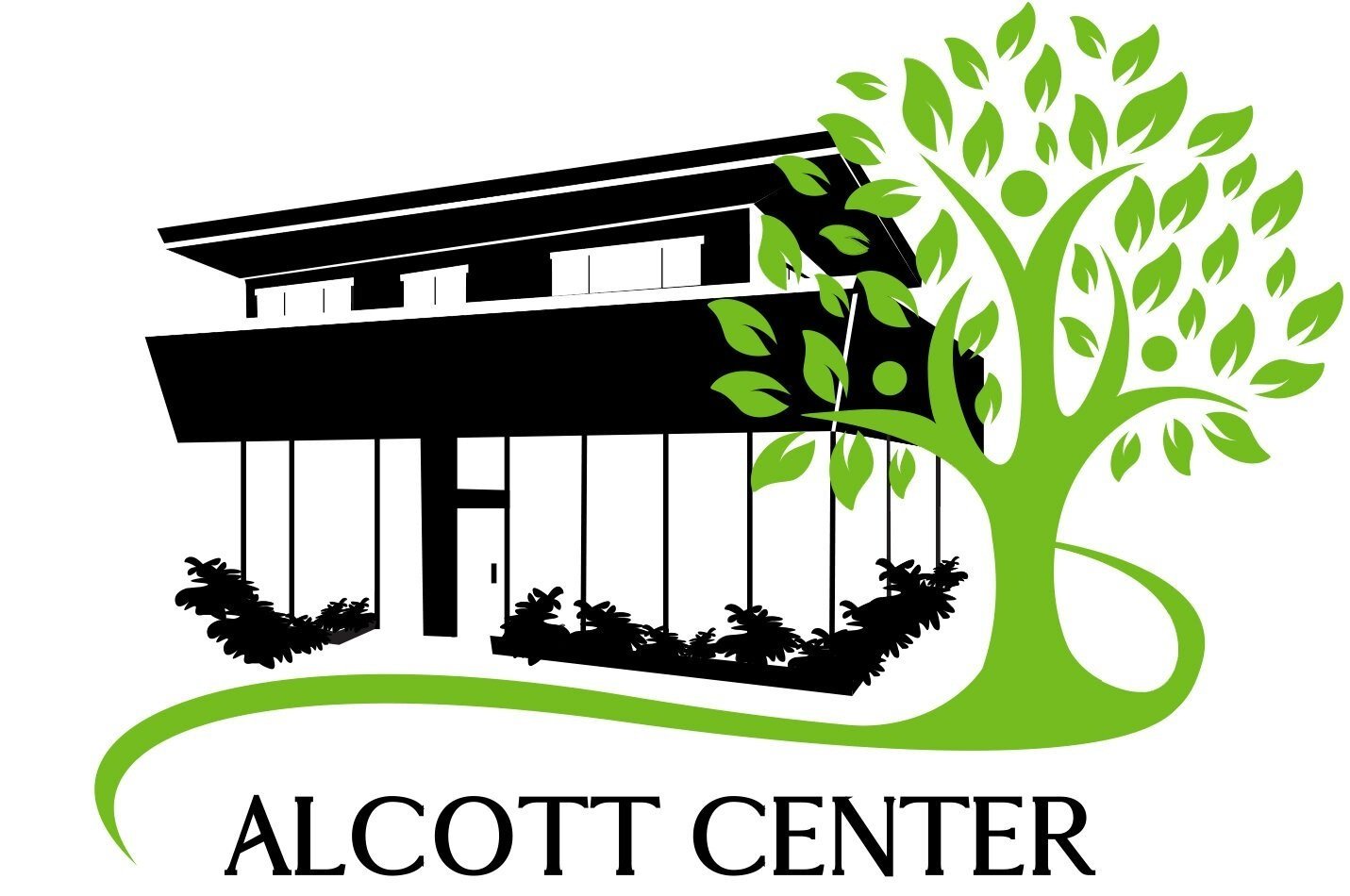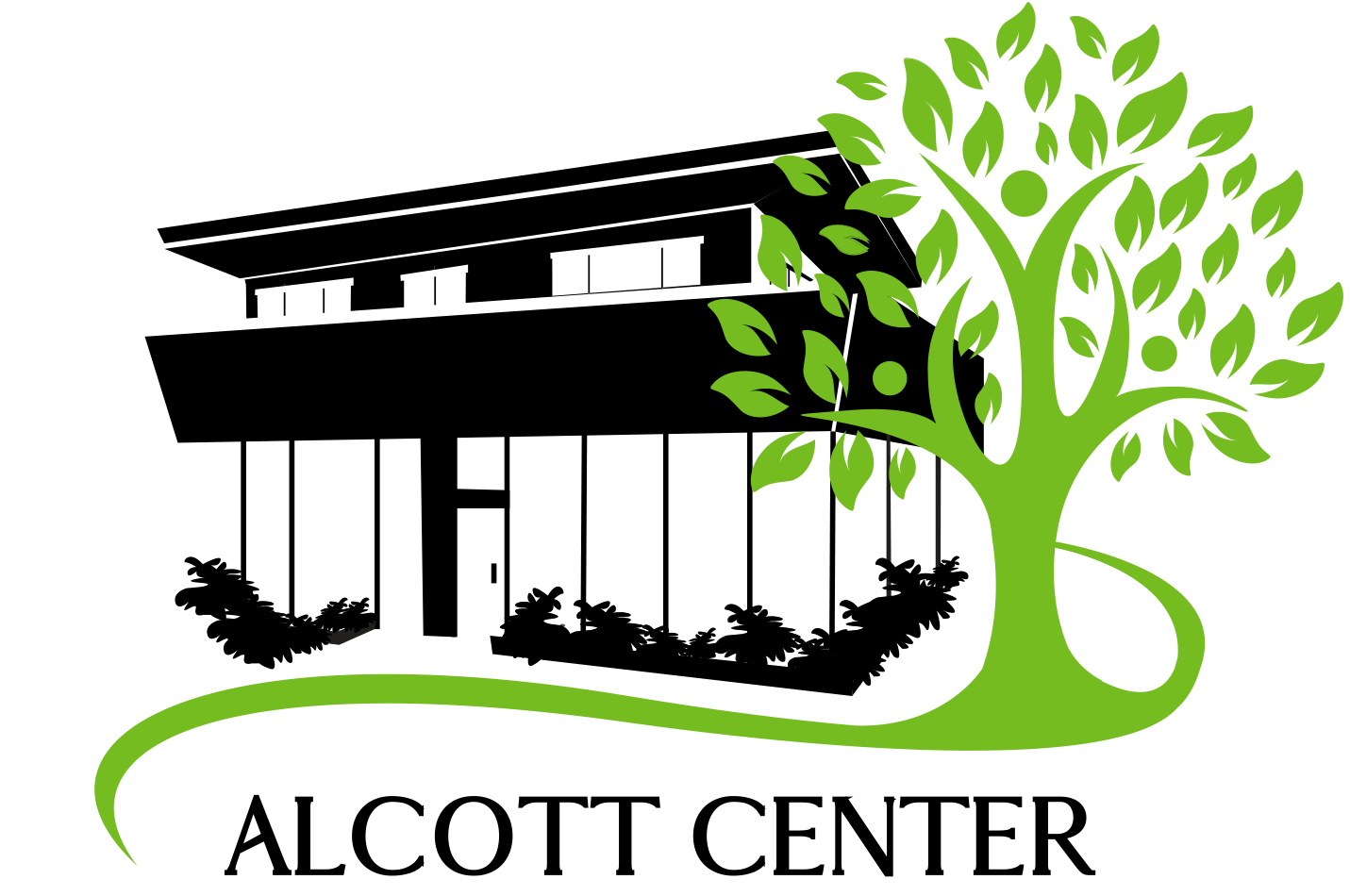West Side Health Neighborhood
The Alcott Center for Mental Health Services is engaged in a ‘health neighborhood’ project with several other established and committed organizations whose common purpose is to identify community needs, increase awareness and educate the community in order to improve health and quality of life in the areas we serve.
The West Side Health Neighborhood consists of strong collaborative relationships with providers of mental health services, physical health services, substance use services, supportive housing services, and social services, and while still early in its development, has linked dozens of individuals to needed services.
Our current, core partners include:
Westside Family Health Center (WFHC)
Jewish Family Service of Los Angeles (JFS)
People Assisting the Homeless (PATH)
The Los Angeles Department of Mental Health (DMH)
Edelman Westside Clinic
MATRIX Institute on Addictions
B’nai David-Judea Congregation
The CLARE Foundation
Vista Del Mar (VDM)
Safe Place for Youth
NAMI - Westside
Project Return
Project partners are forging deeper into the community to engage faith-based organizations, area businesses, as well as other providers of health services in order to gather and map out resource information and enrollment criteria. The project has secured grant funding through several neighborhood councils and foundation partners and has plans to seek long-term, on-going funding.
The Community
The westside community has the full range of socio-economic levels from very wealthy to very poor. In these changing economic times this includes many whose financial circumstances may put them suddenly at risk of losing housing. Thus far, community meetings and surveys have revealed the need for more education and understanding among laypeople of mental illness, homelessness, and substance use challenges, as well as the need to bridge cultural barriers between groups through education and communication.
For additional information on the West Side Health Neighborhood Project, please contact:
Nick Maiorino at: nmaiorino@alcottcenter.org


